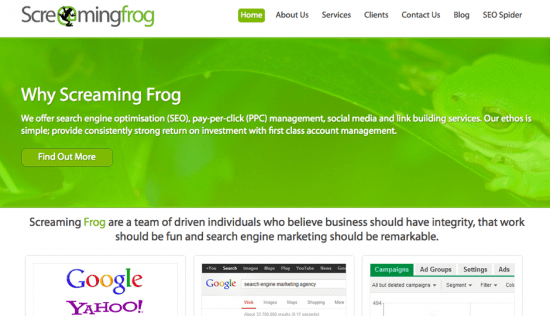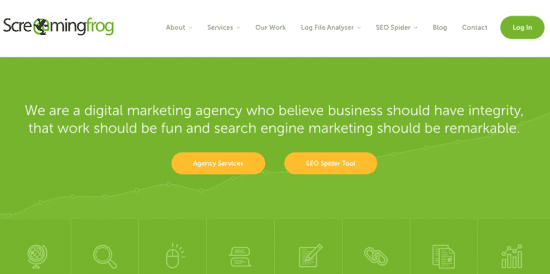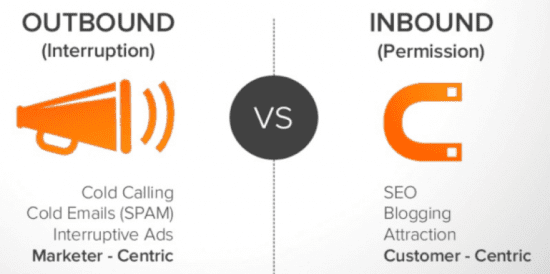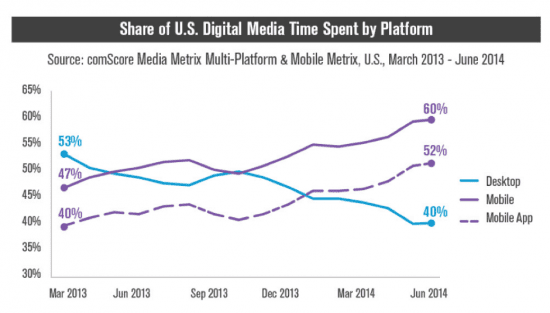A quick guide to achieving your website's full potential
"Is my website working to its full potential?” This question can be tough to answer because it depends on what you consider the ‘full potential’ to be and how your website is aligned to your company’s strategy.
Research by the University of Stanford shows that 75% of users judge the credibility of a company based on the professional look and design of their website. So how do you know your website needs a redesign?
There are some tell-tale signs that make you understand if it’s time to refresh your website. Here are our 4 signs that tell you your website needs a redesign.
1) Your company grows and the website is not aligned with your strategy
Depending on the industry and company, sales, finance, customer support, product development and digital marketing form all part of the strategy. For most companies digital marketing has the potential to become the first revenue generation tool but not without a professional website. When you notice that your website is not generating new leads, doesn’t attract relevant traffic and doesn’t contribute to the overall business development of your company, then it’s time to refresh it.
A brand is not just a logo and a tagline, it’s also the overall identity. And your website is part of your online presence and identity. So your website should reflect what the company is all about and how it evolves.
Company’s objectives, products, offers, services, offices...they all change and your website should reflect this.
Here is one example of a website redesign that created a more up to-date identity as the company evolved.
Before the redesign

After the Redesign

2) Your audience is more demanding than ever
Your audience becomes more and more technological and digital savvy with time. This means your website can’t be stuck in a design and user experience that is 5 years old.
First of all, with the rise of inbound marketing and the creation of quality content that pulls people towards a company and its products, a website should not only be able to accommodate but also to drive lead generation online.

Salespeople were once busy with outbound calls and emails looking for clients everywhere to close contracts. This is still the case today, but research from Hubspot has shown that 38% of salespeople have more difficulty getting a response from prospects. This is because users spend more time online to research a company and if your company doesn’t have a strong online presence, you miss tons of opportunities to generate new leads.
In practical terms, this means your website has to be structured for new pathways. It needs to be able to accommodate new content, highly converting landing pages and captivating design in order to meet the expectations of carefully built buyer personas.
Users want to find what they are looking for quickly and easily. If they can’t download a document, read an article or buy a product within 2/4 clicks they become frustrated and leave. a redesign is needed to include better navigation, better engagement, more internal links,
In these instances, a redesign is needed.
A redesign needs to include:
- Effective navigation
- Higher engagement
- Increased internal links
- Effective converting landing pages
- Better call to actions
- More desirable quality content
- More desirable user experience.
3) Your website is not mobile friendly
On the 21st April 2015, Google updated its search algorithm that’s designed to give a major boost to in search rankings to websites that are mobile friendly.
Research shows that mobile internet usage is on the rise. This means that it is more important than ever for businesses to migrate their online activity to be mobile friendly.
And, more recent research shows a steady increase of mobile devices: 60% of users now prefer tablets and smartphones, while 40% prefer desktop. Apps today are driving the majority of media consumption activity, now accounting for 7 out of 8 minutes of media consumption on mobile devices.

Google boost rankings for mobile friendly websites due to the rise of mobile devices. It’s no longer the case of asking whether mobile marketing is important, we know it is!
4) Search rankings are low
There are more than 200 factors Google and Bing use to determine a website's ranking and these factors change on a regular basis. This means that, if you want to be ranked on page 1 of Google, your website needs to be SEO optimized both internally and externally. Quality content, HTML optimizations, images, internal and external links are just some of the 200 factors that Google examine when crawling your website.
According to Search Engine Journal, 93% of every online experience starts with an online search. You cannot afford to be missing on that many potential visitors.
Thinking ahead
Your website is an investment for the future success of your business. Make your website aligned with your company's overall strategy being more SEO and mobile friendly to engage potential customers.
You can also try Smart Insights' new Quick Win on how to improve your homepage effectiveness.










